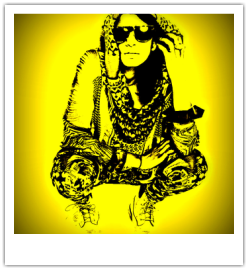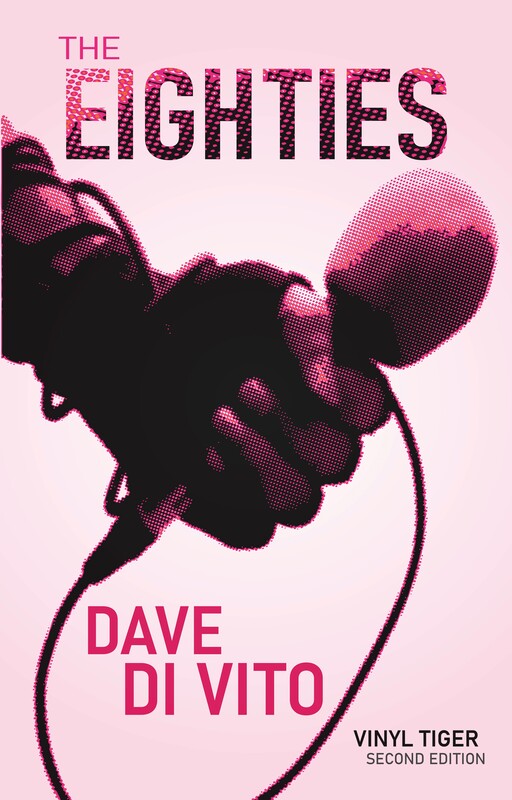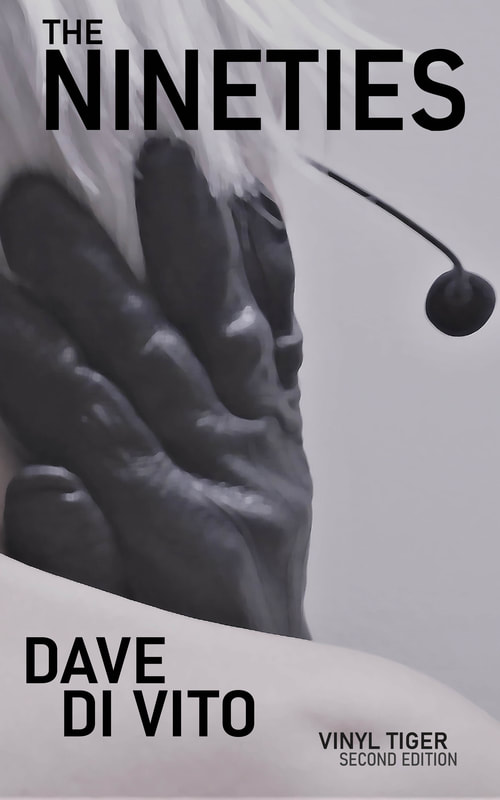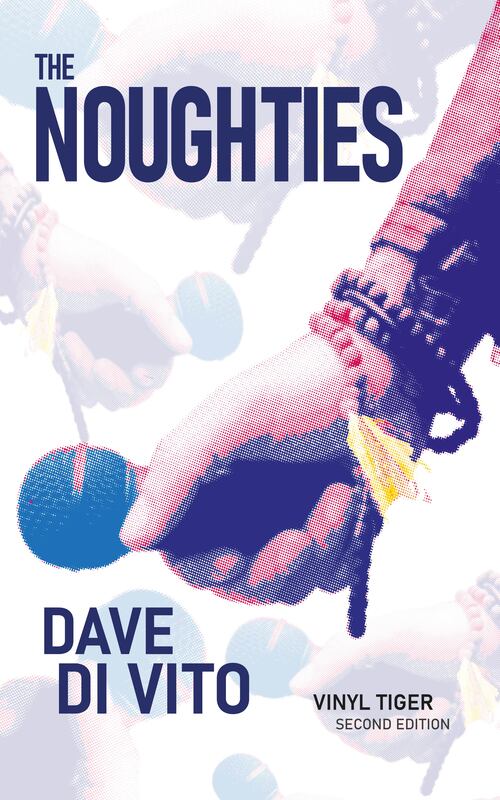 I've always loved me a good button pusher, and I have to say, I'm still a fan of M.I.A, even though we've been really limited in what her label has wanted to have us hear from her of late. It's really interesting to see how some acts manage (or don't manage) to cope with the inevitable withholding of affection that always happens at some point in their careers. M.I.A's fourth studio album Matangi arrived long after it was originally planned and months after fans had hoped for it. There'd been super bowl controversies, lots of run ins with the press and a general reluctance to continue to see M.I.A as the pioneering and experimental artist that she doesn't always get credit for being. More than the goddess of words, Matangi was suddenly M.I.A on a back foot. Let's not forget that M.I.A was once a critic's darling. Her first two albums, Arular (2005) and Kala (2007) received universal acclaim on their release. She vaulted onto the scene out of the emerging social media world, and was celebrated in part for the way in which her records blended world music and hip hop sounds in a way that created something fresh and new. With her mix of Sri Lankan and London heritage, she was as important for the cultural significance her presence suggested as she was her ground breaking music. Here was a polarizing figure who straddled the visual arts, fashion and music scenes in an authentic way that few others had before. In a way she seemed to continue the legacy of eighties acts, but razor fresh and modern. She was the antithesis to Lady Gaga, the industry's template for the same mix. And although they were pitted together and had their own war of words, the reality was that they had their own congregations to preach to. But times have changed. Few artists from the late 'oughties still have the same cache they once did. Look at Gaga- she's the prime example of universal withholding and, bar for Kanye West, there are few other acts with a mainstream presence who are courting the ire of the establishment these days. People fall out of favour. M.I.A isn't a straightforward proposition for anyone. She has a complicated back story, and her music drips with a mix of influences that are meaningless to the wider, western public. And in this new decade the game has changed again. Where we once coveted other influences, we're closing borders and closing our ears and whitewashing it under the name of 'cultural appropriation'. You could never imagine something like Memoirs of A Geisha happening again (the film I mean, and thank God for that: file under film adaptation travesties). M.I.A has made mention on her social media in recent days of a video being blocked for fears of cultural appropriation. The full story and details, as often happens with M.I.A controversies, aren't yet known, and whether or not this is really a case of the PCs, it still begs the question. What constitutes cultural appropriation these days? Aren't we supposed to be living in a ever more globalized world where our ideas are all but interconnected? How is it that so much of what we see and read these days is the product of literal translations or direct copying and we have no problem with that, yet we still seek to limit the cross pollination of ideas when it comes to the arts? I'm pretty sure that sampling a traditional beat, or filming a local dance is not akin to colonizing a country or continent and stripping it of its identity and riches. Rather, what often happens is it turns people onto "new" things and informs the zeitgeist, pushing it into new territory and widening the diaspora. So where's the harm in interpolating other sounds, visuals and ideas with one's own? Doesn't M.I.A have enough of a track record to suggest that she more than adds her own two cents to the mix? Are we seriously trying to suggest that white people should only make white music and black black? How ridiculous. Are major label acts given a set of rules saying what environments can and can't be deemed inspiring? When we tire of somebody we often try to diminish them. In part it happens because we move on from things and people at break neck speeds. Watch or read any interview that M.I.A has granted since 2010 and you'll see that she's been smarting, because she's never been one to articulate her ideas in a conventional way, because we don't allow renegades much free reign these days and because after you've been demonised in the press, it's very hard not to be distrustful. I'm gonna fight the fight for M.I.A, cos, even if you feel that her more recent work isn't on par with her earlier stuff, the reality is without her, we face an alternative where we no longer feel we need the grit to create the pearl. And without that, we just end up rewarding more and more acts like Taylor Swift and the various voice/idol franchise winners, who, all talents aside, do little to push popular culture forward when all is said and done.
0 Comments
Your comment will be posted after it is approved.
Leave a Reply. |
Dave
|
|
|
Dave Di Vito is a writer, teacher and former curator.He's also the author of the Vinyl Tiger series and Replace The Sky.
For information about upcoming writing projects subscribe to the mailing list. Dave hates SPAM so he won't trouble you with any of his own. He promises. |




 RSS Feed
RSS Feed